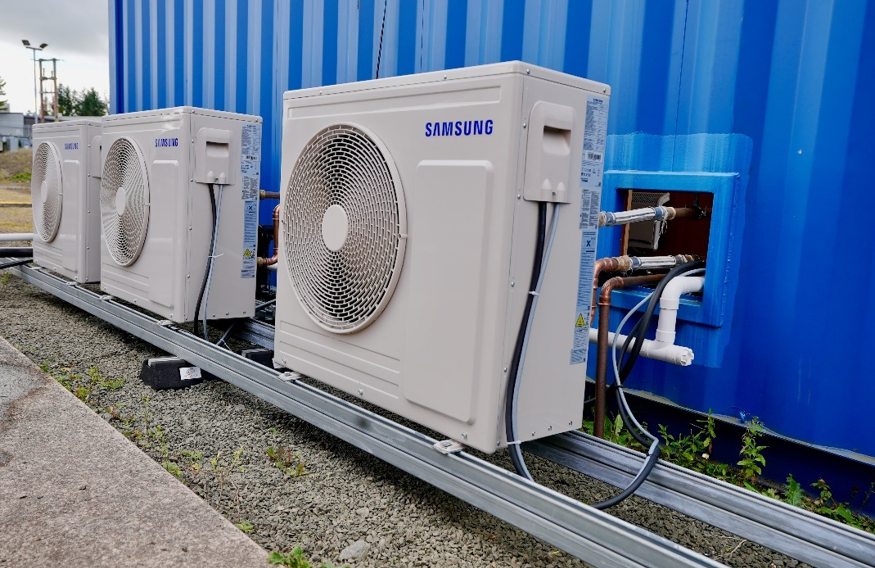Brian Deese, a senior advisor to the White House, has argued that a renewable energy version of the post-World War Two Marshall Plan could encourage the financial heft required to reach net-zero.
The Marshall Plan injected money into the war-torn countries of Europe after the fighting, but its effectiveness has been challenged by some, none-the-less it is a favoured analogy of policymakers.
Writing in the US journal Foreign Affairs Deese sees the concept as allowing the US to lead the transition, building on the Inflation Reduction Act, and Deese is quite open that he sees it as “promoting US. industries and interests” and focussed on building influence in the Global South.
So, although it overtly comes with strings, the deployment of capital would undoubtedly speed the adoption of climate saving technology, or as he puts it: “the chance to help others while helping itself” by creating global markets for US clean energy industries and innovators.
Deese also returns to a favourite topic, in asking for a level playing field through the use of trade tools such as tariffs. He points out that China is now the object of double the retaliatory measures as it was four years ago, and that the use of carbon tax concepts would mean fairer competition.
It must be remembered that Deese is an advisor, and should Harris win the US election all of the above is a long way from being policy, but it does provide something of a window into the Democrat Party’s thoughts.
© 2019 Perspective Publishing Privacy & Cookies








Recent Stories